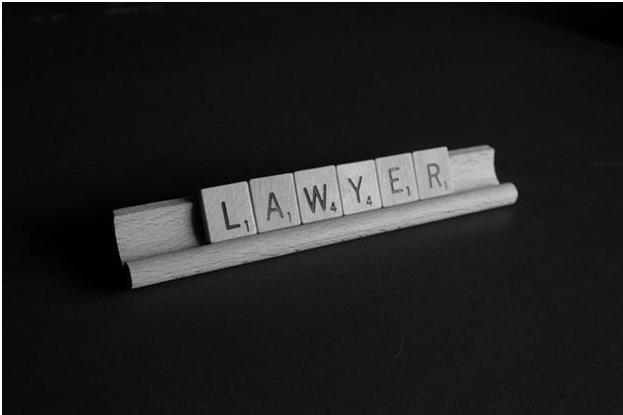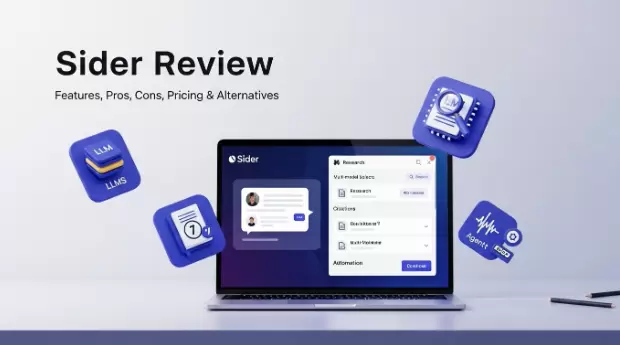Regardless of your businesses’ product, service, location, or size, registering a trademark is one of the most important steps you can take to protect your brand. Trademarks protect your ownership and reputation of the unique marks and words that make your business stand out.
According to David Boehrer Law Firm, consumers’ decisions are often influenced by trademarks, and the reputations such marks symbolize. Here are five things every brand needs to know about trademarks.
1. Carry Out a Trademark Search Before Naming Your Business
Imagine choosing a business name and setting up promotional materials to start making sales. You then receive a letter from another company’s attorney telling you that you’re infringing on the other company’s trademarks.
This is why conducting a trademark search should be top on the list before starting a business. Rebranding your business and changing its business is quite expensive. Additionally, most small businesses can’t afford to fight a trademark infringement lawsuit.
2. Don’t Waste Money On Weak Trademarks
Some marks are described as “strong,” while others are “weak.” It’s worth noting that strong marks are afforded the highest protection, while generic marks are afforded no protection. Generic terms are words used in everyday speech like car, sofa, and shoes.
There are no exclusive rights given to anyone using generic terms. Generally, fanciful and arbitrary marks are deemed strong. Geographic, personal and descriptive marks are considered weak.
Trademark laws can vary between nations, but there are four types of marks in the United States. In reducing order of strength (enforceability), They are:
Arbitrary or Fanciful:
A fanciful mark is one that the owner has made up to market their service or product. Such marks are made up of words either in an entirely unknown language or not in use at the time. These marks are the strongest of all trademarks. Examples of fanciful marks include:
- Kodak
- Nike
- Xerox photocopying equipment
- Q-Tex cuticle-removing liquid
- Exxon gasoline
An arbitrary trademark is one with a common meaning, but its meaning is entirely unrelated to the goods or services for sale under the mark. An excellent example of this is Apple computers. The technology company uses the common term for fruit and associates it with computer technology.
It’s therefore essential to consider whether your mark is strong enough before investing your money and time. Doing this will help you achieve the greatest level of protection.
Suggestive Marks
These trademarks imply but do not describe particular services or goods. These types of trademarks require the consumer to use his or her imagination to realize the nature of the services or products. If the connection between a brand and its service is immediately recognizable, it doesn’t fall under the suggestive group. Examples of suggestive marks are:
- Handi-Wipes- dusting cloths
- Orange Crush- Orange drinks
- Tail-Wagger- Dog food
- Roach Motel- Insect trap
Descriptive Trademarks
A mark that describes a characteristic of a service or product is considered a descriptive trademark and is often equated to adjectives. The owner can only receive trademark protection if he or she can prove that their mark has acquired distinctiveness in consumers' minds.
Generic Marks
These are words that have started as trademarks but were not protected and evolved into generic terms. They are also words that are part of our everyday speech like computers, tables, and chairs.

Work With a Trademark Attorney
If a business is starting from scratch, hiring a trademark lawyer may seem unnecessary and expensive. But a DIY trademark application isn’t always the easy way out. If you make the slightest mistake, you may lose your filing fee, have your application denied, and have to start the entire process anew.
You may also spend a lot of time responding to issues raised by the trademark examining attorney through an office action instead of tending to your business.
Do you need a trademark attorney?
Well, the answer depends on your particular situation. Trademark registration is a legal procedure with strict deadlines and procedures. A trademark lawyer is familiar with trademark registration and can handle the process more effectively than you can. He or she can do the following:
- Advise you on the probability that your trademark will succeed
- Assess the strength of your brand and advise you on choosing a strong mark.
- Respond to whichever issues that may arise after your application is duly filled and assigned to an examining attorney at the trademark office.
- Explain how you can go about giving your trademark maximum protection.

Always Use a Marking Notice
Using marking notice on your products ensures maximum compensation for any infringements on your patents. A marking notice serves three purposes:
- Helps avoid innocent infringement.
- Assists the public to identify whether a mark is patented.
- Encourage trademark owners to give notice to the public that the mark is patented.
Failure to use an official registration mark decreases the options that can help in your civil lawsuit from infringers.
Always Keep In Mind Future Expansions
Most, if not every business unit, aims to expand in the future by introducing new service lines and products.
Always choose your mark with due diligence by keeping in mind these instances: there might be another business in another geographical location (outside the country) using the same trademark you wish to register. In such a situation, it may be the right move to carry out dual marking.
However, it may be a different scenario if the other business lies within a close geographic location to where you are looking to target. The already established business may literally block you from future expansion.

Final Thoughts
Keeping the above tips in mind before going ahead with trademark registration will help you steer in the right direction. Failure to keep the above pointers in mind may result in legal difficulties and place you on a weak footing from the onset of the process.


 Table of Content
Table of Content










